
Master of Science Computational Biomedicine and Biotechnology
Advance a global revolution in precision diagnostics, drug discovery, and novel therapeutic targets.
Pursue Your Breakthrough Professional Master's at a World-Renowned Medical School.
Pitt’s Master of Science in Computational Biomedicine and Biotechnology gathers undergraduates from biology, mathematics, physics, engineering, chemistry, computer science, or any quantitative background. You will join a community of scientists, clinicians, educators, and entrepreneurs working at the intersection of computing, machine learning, artificial intelligence (AI), and cell-level medicine.
This vanguard is driving global advances in healthcare, transforming our approach to diagnosis, treatment, and personalized care—at the University of Pittsburgh School of Medicine and beyond.

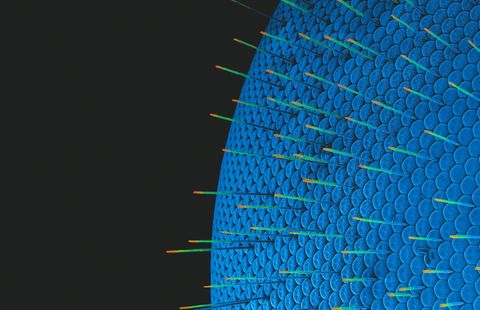
Five Distinct Computational Bio Career Tracks
We meet a growing demand for professionals with knowledge across disciplines and an integrative mindset. The University of Pittsburgh's Computational Biomedicine and Biotechnology Master's program allows you to design a master's degree that fits your precise skills, experience, and career goals.


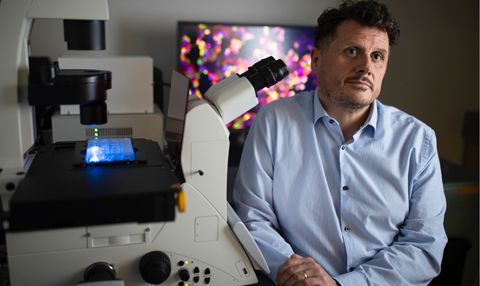



Connected Institutes and Centers
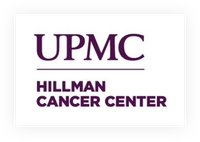
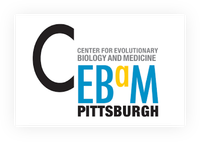
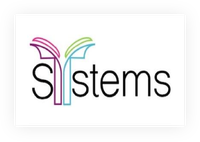


World-Renowned: The University of Pittsburgh School of Medicine
Tier-1: Best Medical Schools: Research (U.S. News & World Report)
Top 10: Biomedical Engineering (ARWU, Shanghai Ranking)
Top 10: U.S. Medical Schools in NIH funding ($658.3M)
Top 15: Human Biological Sciences (ARWU, Shanghai Ranking)
Top 15: Medical Technology (ARWU, Shanghai Ranking)

Industry Innovation
Consulting and Strategy
Academic Research and Development
Entrepreneurship
Research Areas of Focus
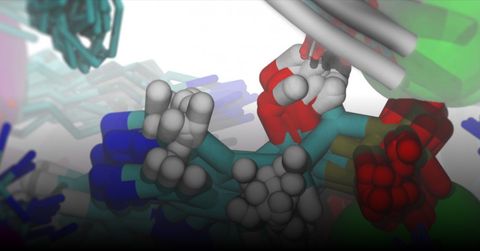
Biological Systems Modeling
Join investigations within Computational and Systems Biology (CSB) research exploring gene birth on evolutionary time scales, protein structure dynamics, and immune cell interactions.
Systems Genetics
Partner with investigators exploring large-scale experimental and computational approaches to map the connections between genetic changes and traits (including disease) and translate genomes into mechanistic insights and actionable understanding (e.g., precision therapy).Image © Gur Lab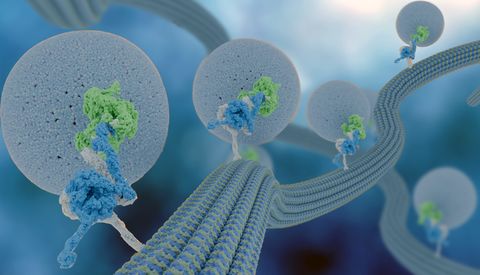
Molecular Mechanism and Therapeutics
Learn how the molecular forces driving the shapes, interactions, and dynamics of proteins and other biological macromolecules enable computational and systems pharmacology approaches to discover therapeutics that modulate macromolecular systems.Image © Gur Lab






Focus: Tailor treatments based on genetic, environmental, and lifestyle factors.
Skills: Genomics, bioinformatics, pharmacology, and genetic counseling.
Applications: Targeted cancer therapies and personalized diabetes management.
Focus: Analyze biological data to derive actionable insights.
Skills: Programming (Python/R), statistical analysis, machine learning, genomics.
Applications: Biomarker identification, protein structure prediction, and drug development optimization.
Focus: Designing and engineering organisms for specific applications.
Skills: Molecular cloning, CRISPR genome editing, systems biology, lab automation.
Applications: Develop synthetic gene circuits for targeted cancer therapies, infectious disease treatments, and metabolic disorders or live therapeutics for tissue regeneration.
Focus: Bridging science and business to bring innovations to market.
Skills: Leadership, strategy development, technical expertise in biotechnology.
Applications: Integrating artificial intelligence and data analytics into diagnostic and treatment decision support systems.
Focus: Interpreting genomic variations for health insights.
Skills: Computational genomics tools (e.g., GATK), statistical modeling.
Applications: Disease risk prediction, population genomics studies.
Focus: Applying machine learning to accelerate drug discovery.
Skills: Neural networks (e.g., generative AI), molecular modeling software.
Applications: Predicting drug efficacy and side effects, optimizing molecular structures.
Focus: Integrating multimodal healthcare data for clinical insights.
Skills: Systems biology modeling, data integration tools (e.g., Cytoscape).
Applications: Utilizing machine learning and AI to forecast patient outcomes and optimize resource allocation.









